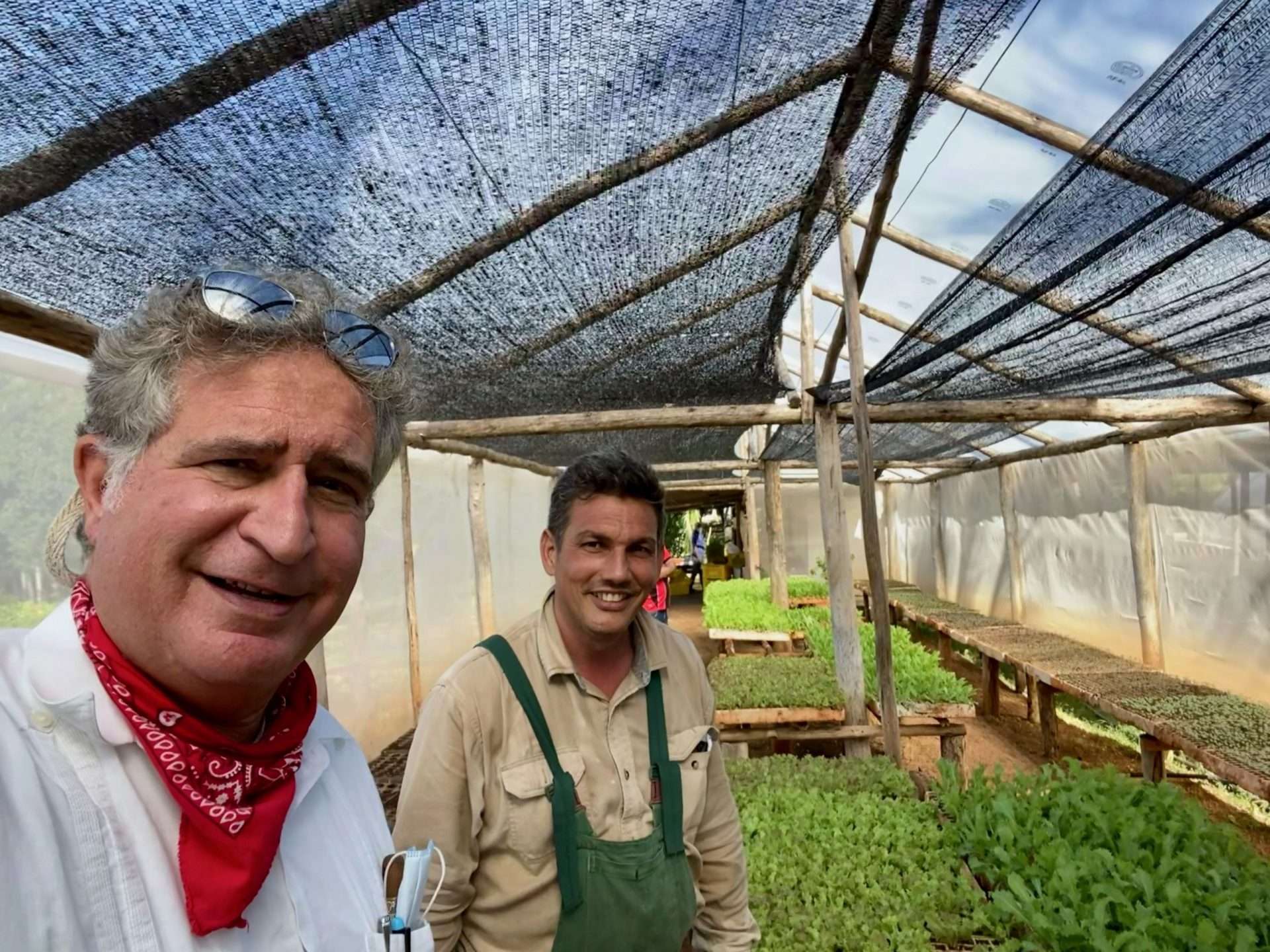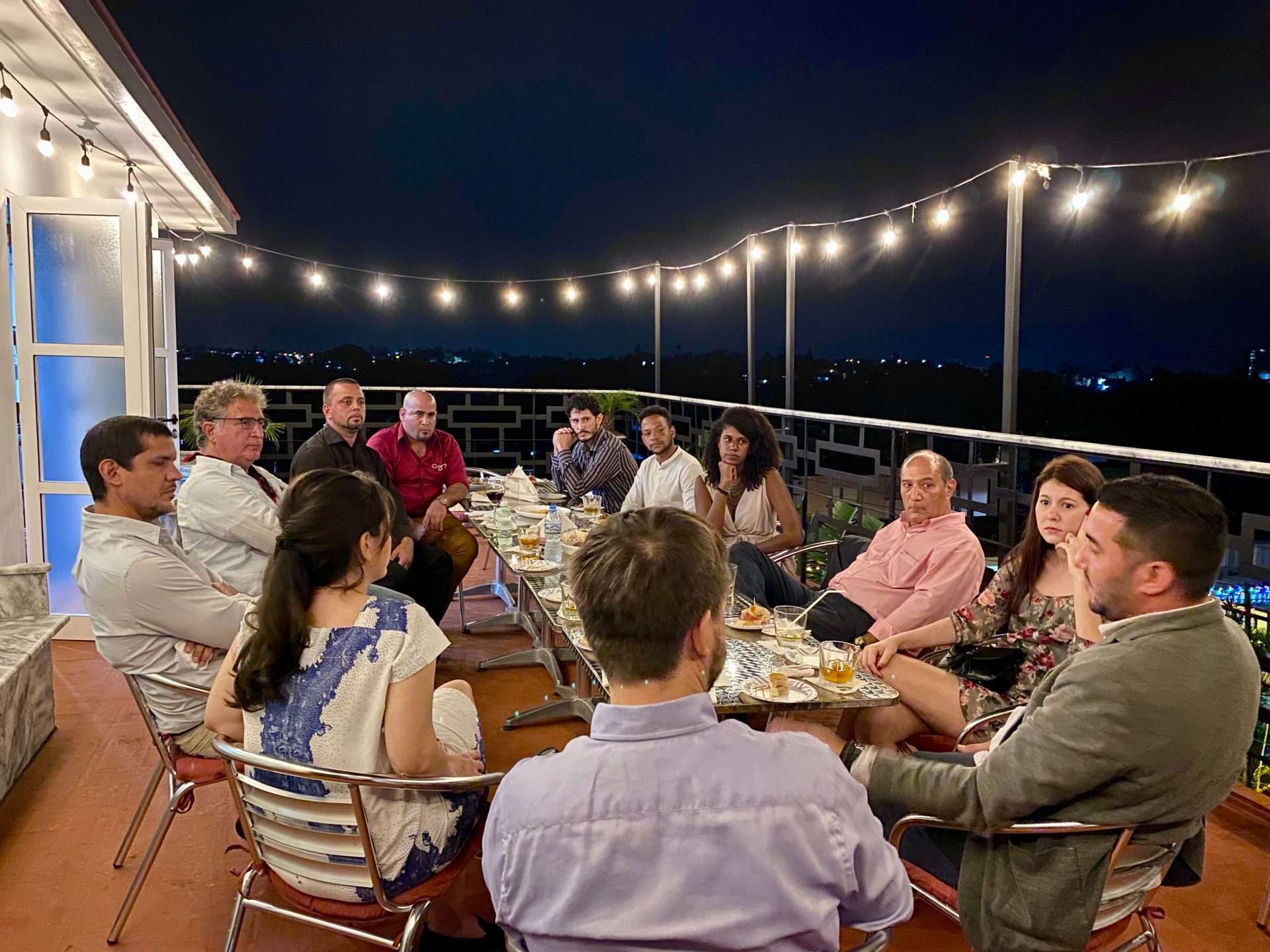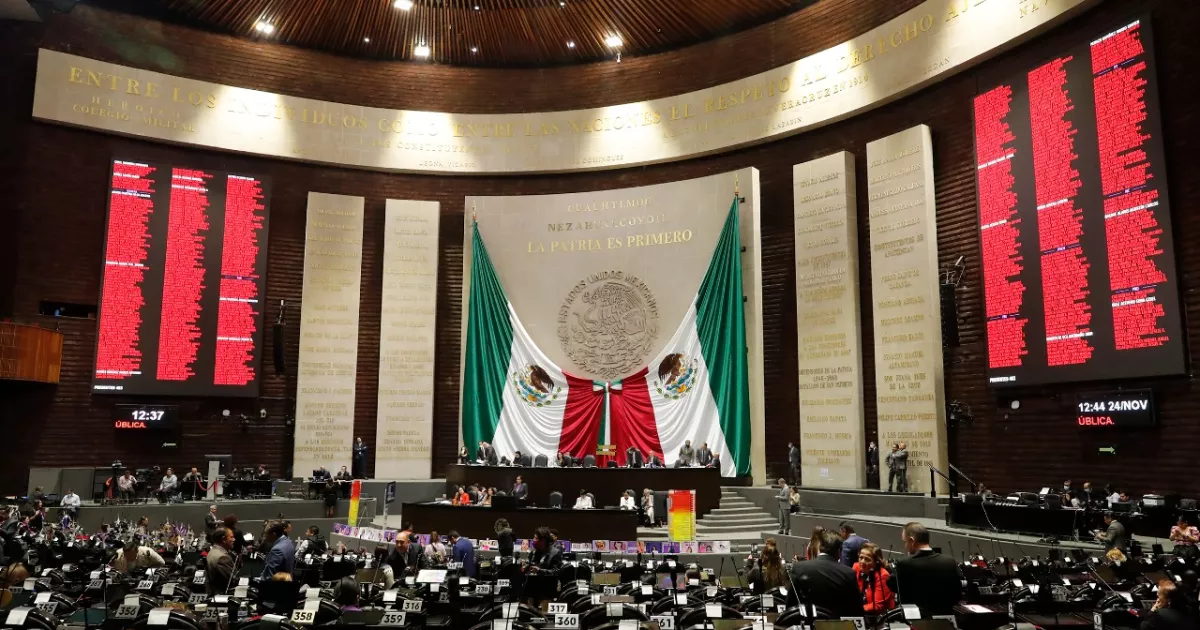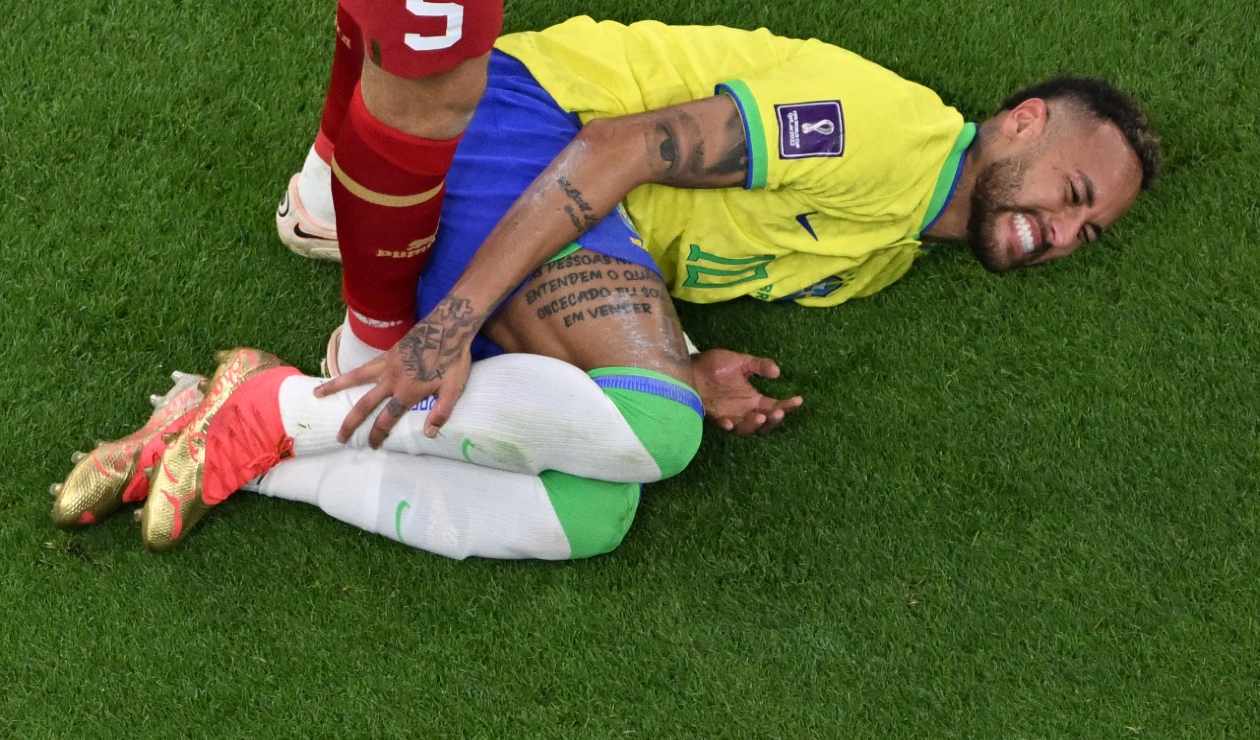Former Cuban-American Democratic Congressman joe garcia He has just returned from a week-long trip to Cuba, where he participated in a meeting of US and Cuban-American businessmen with island officials. García met with President Miguel Díaz-Canel, a fact that sparked controversy in Miami.
In a conversation with OnCuba, he defends himself. Everything was done to develop the Cuban economy, an area to which the Cuban-American community in South Florida cannot be oblivious. And, he explained, it can all start with co-participation in the SMEsan economic sector that, he reaffirmed, has the avenues open because the embargo does not prohibit it.
García, who was born in Miami in 1963, emphasizes that his love for Cuba comes from his youth. He was fostered by such a controversial exile leader as the late Jorge Mas Canosa. And he concludes: I don’t think he did anything that was not consistent with his thinking.
You are not a businessman, however, you went to Cuba to a meeting of businessmen. Why?
Because I have been working with SMEs in Cuba for a long time and helping many develop ways to achieve that relationship, despite the embargo and the limitations that exist in Cuban law and the antics in financial issues involving US regulations.
Apart from the embargo, what are the issues that concern you?
I have noticed that SMEs have few restrictions due to the regime established by the embargo. Rules that apply to the Cuban government and Cuban companies do not apply to small and medium-sized companies in Cuba.
The Cuban government is not very fond of associating Cuban companies, even private ones, with a dependency on the United States. How did you find Cuba?
On this trip I saw that the situation is extremely difficult and that there are a series of needs, that the situation facing the Cuban people is complex. Just like the one facing the government.
Who participated in the meeting?
First, I found a lot of people who left Cuba. Second, I met others who are planning to leave Cuba and I also saw many who are Cuban civil servants now entering their senior years. And they are seeing that their children are leaving Cuba.
While you were in Cuba, photos of you with Cuban President Miguel Díaz-Canel appeared here in Miami. How did that meeting take place?
They invited the entire group of people who traveled to Cuba to study the subject of SMEs and the forms of investment in Cuba. They welcomed us, we arrived at a room, Díaz-Canel gave a speech and then greeted everyone in that room.
But did you sit down to talk to him?
I did not sit. I talked to him standing, and several times.
What did you talk about?
There are things that I am going to reserve. But I said that the issue of SMEs had to be followed up, that it was an opportunity, and that the decisions that were made had to be implemented. I also advocated for the people who are imprisoned in jails in Cuba after the events of July of last year and other events. It seems to me that they do neither the nation nor the Cuban people any good, so the best thing for Cuba is that they be released.
The reaction?
The President heard me, we’ll see if he heard me. But he heard me.
That’s all?
I am Cuban and we have to see that I have worked on the issue of Cuba since I was 23 years old and for me it was meeting someone who can have an impact on that issue, more than anyone else. I used that opportunity to present a series of questions that I have been thinking about for many years. Thoughts that I have elaborated in a lifetime and shared with friends and allies.
Your political career in exile was shaped by Jorge Mas Canosa, whom I know you revere. I’m wrong?
No. I love Jorge very much, his memory and his family. And it is part of my thinking on this Cuban theme.
When you spoke to Díaz-Canel, did you think of Mas Canosa?
Yes…
Do you think he would understand if you talked to Díaz-Canel?
It doesn’t seem to me that he did anything that he thought was inconsistent with the story of Jorge Mas Canosa. Remember that he once debated with Ricardo Alarcón.
Is there a possibility that one day you will do business in Cuba? If so, what businesses?
I am interested in doing business with SMEs in Cuba to develop these initiatives on the island. And SMEs cannot develop without the Cuban community abroad. I may not be, historically, an entrepreneur. But I do have a history of being a leader, and if I can give some leadership to these businesses, it seems to me that I do good for Cuba and the Cubans.
But there is an embargo that prohibits them, which makes no distinction between SMEs…
If it does. SMEs can do business in the United States. They can buy without restrictions. They are entrepreneurs and the law and regulations that Obama wrote allow them to do business with SMEs.

Joe Biden is not doing much of what Obama advocated for.
He has done a little and will do more. Look, the embassy reopened, flights reopened, not only to Havana but to the interior, and now they are working to improve remittances. These are substantial things for Cubans, here and there.
Do you think you owe an explanation to the historical exile? After all, for years they have had a position of resistance to the Cuban government, they fought with arms…
What I know is that I have buried many friends, men who fought with weapons in Cuba, and that their memories, their affection, their deep love for the Cuban nation impacted me. I have buried many. Some of them, in important positions, all they want is a dignified reunion with their country. And it seems to me that it is something that the country owes to them as well. No 80-year-old man, which must be the brigadista’s age [de Playa Girón] younger, is a threat and something to be feared by the Cuban government. In many ways they are people who deserve the respect of all of us.
How do we explain that there is a new generation that has just arrived in the United States and is positioned much further to the right than those that came before?
The question is: explain how they were formed in Cuba, educated in Cuba. Their families remain in Cuba, and yet some have positions that make the 1960s look bland. That is a question that the Cuban government should ask itself, because these are children of the Cuban Revolution. Here you cannot blame Batista, nor the CIA, nor the US government, nor the Russians. Whose fault is this reality, that people mostly between 35 years of age and younger arrive with perceptions about their own country that I could not inculcate, nor could anyone else? The question is the following: if Cuba cannot speak to its children, who is it speaking to? Who are you going to bury?
Can this problem be solved in Miami today?
The problem of Cuba cannot be solved without Miami.






